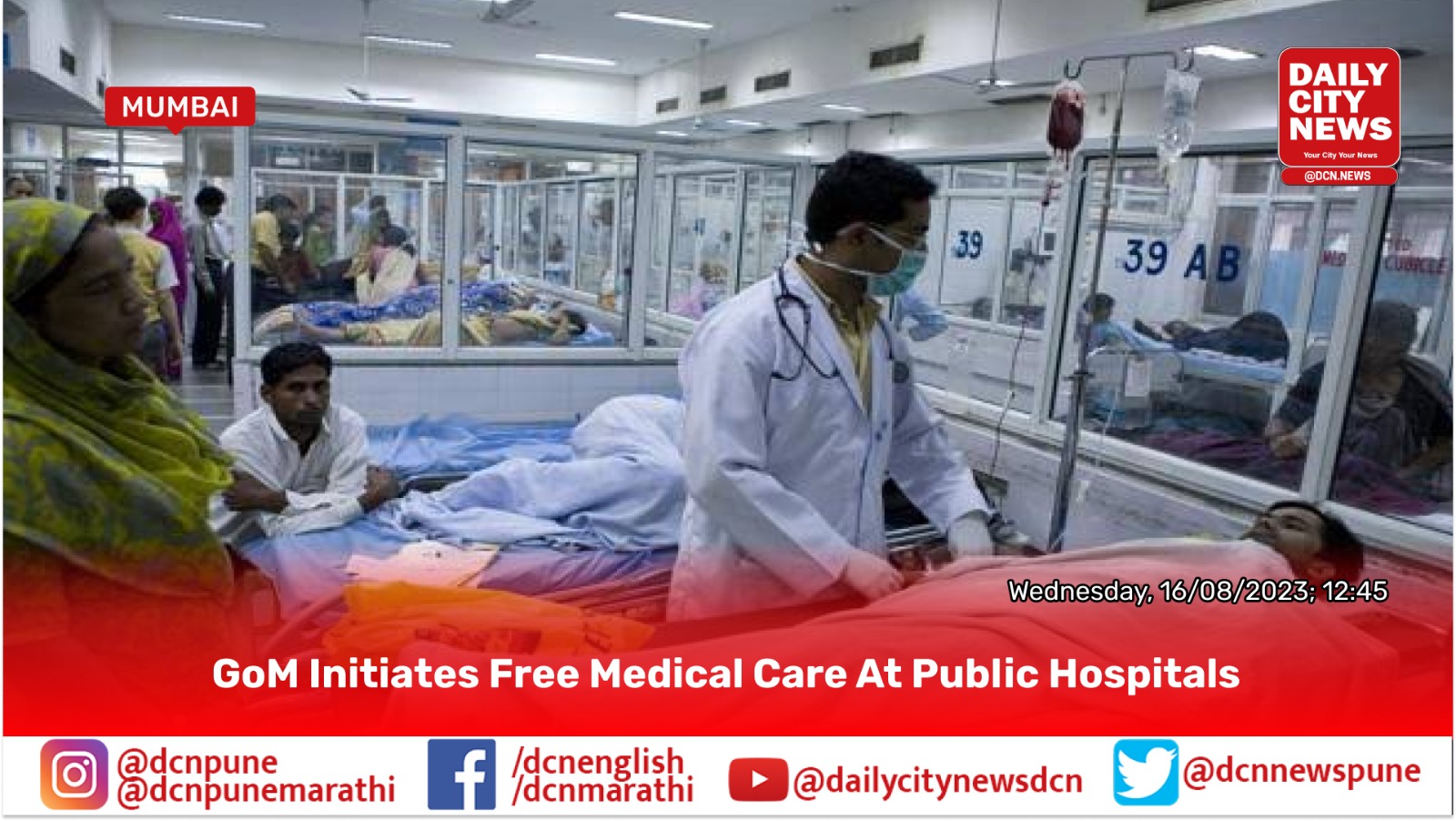
GoM Initiates Free Medical Care At Public Hospitals
MUMBAI: It has come to light that in a ground-breaking iniatiave with a sole objective of enhancing healthcare accessibility and affordability, the government of Maharashtra (GoM) has unveiled a transformative policy shift. Effective from August 15, all 2,418 public hospitals across the state will provide complimentary treatment and essential screening tests to patients. This significant stride seeks to alleviate the financial burden on citizens seeking medical services.
The newly introduced initiative is poised to revolutionise healthcare provisioning, making vital medical services more accessible to all citizens. With the objective of ensuring equitable healthcare, individuals are encouraged to report any attempts by public hospitals to levy charges for treatment through the toll-free helpline at 104.
Initially announced by Health Minister Tanaji Sawant on August 3, the policy’s specifics were further delineated in a government resolution released over the weekend. The resolution outlines that an array of services, encompassing outpatient department (OPD) registration, a range of laboratory tests, and screenings such as ECGs, X-rays, and CT scans, will now be extended free of charge. Public hospitals are directed to source and provide necessary medications locally, ensuring patients receive medication at no cost. Moreover, indoor patients will be discharged without incurring any financial obligations.
With an estimated 25.5 million individuals seeking medical assistance from public hospitals in Maharashtra, this policy intends to substantially reduce the financial stress experienced by patients. However, it is important to clarify that this policy will not encompass hospitals and medical colleges under the medical education department’s jurisdiction.
Dr. Radhakishan Pawar, Deputy Director of Health Services, has confirmed that officials have received directives to implement this free treatment provision across district hospitals, rural healthcare facilities, and primary healthcare centers. Patients are required to present a government-issued identification card for registration.
While this welcome step towards affordable healthcare is commendable, it is imperative to recognise the challenges faced by several public hospitals in the region.
Overcoming issues of inadequate infrastructure, limited resources, and shortages of specialist doctors and emergency personnel will be significant in realising the policy’s success. Ensuring not only cost-free treatment but also the highest standard of care will be crucial in guaranteeing citizens’ well-being and healthcare needs are met.
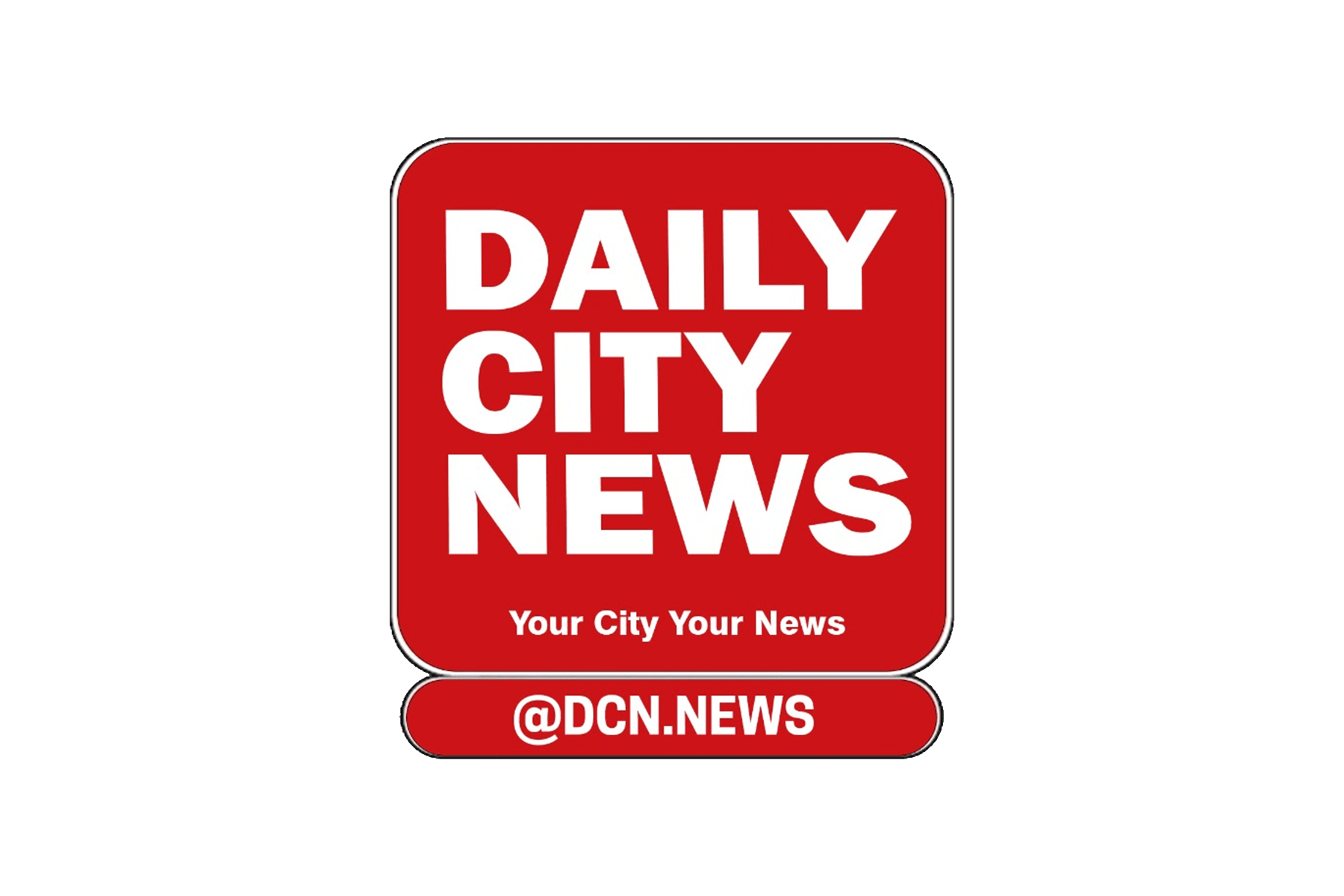
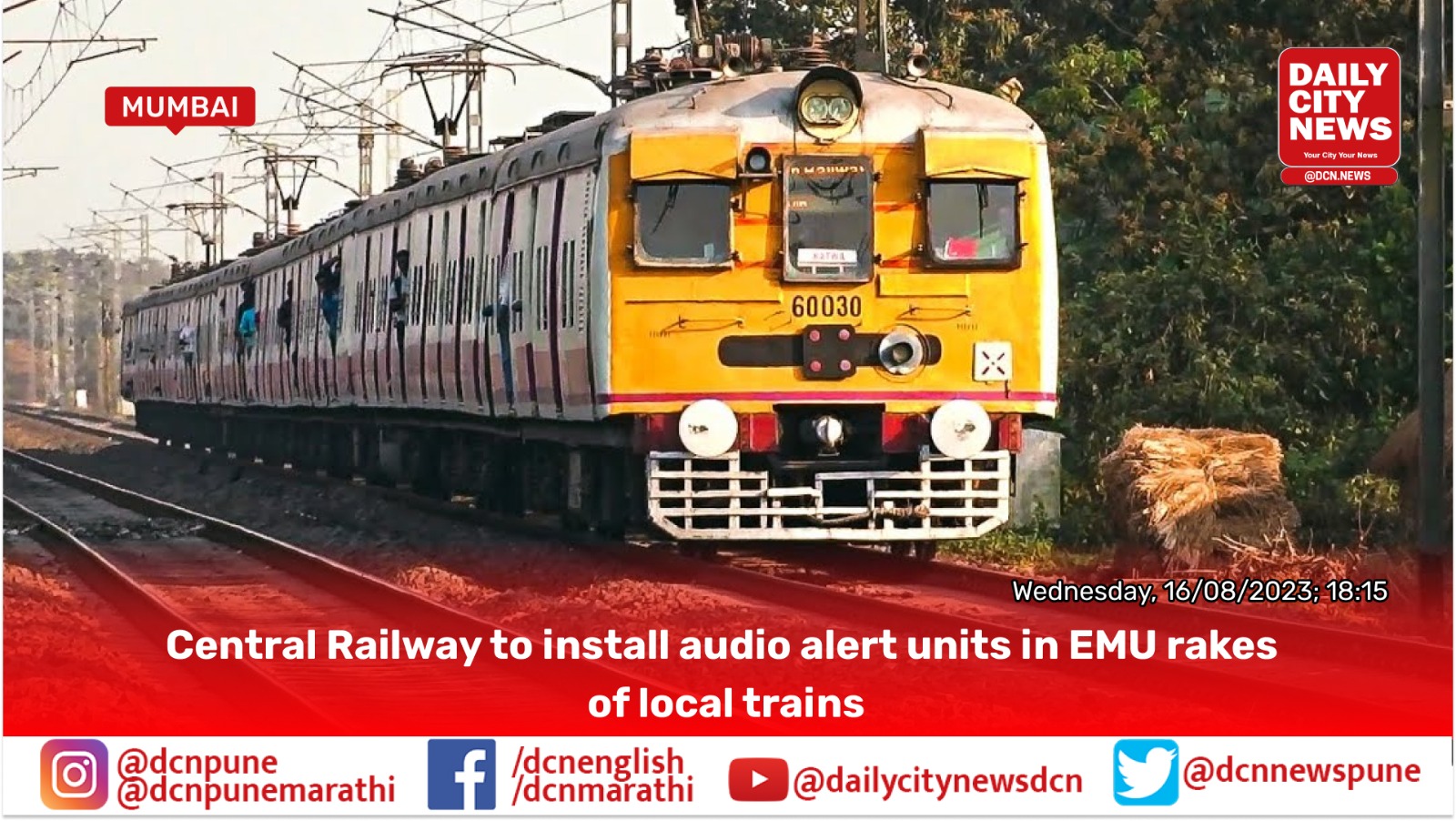


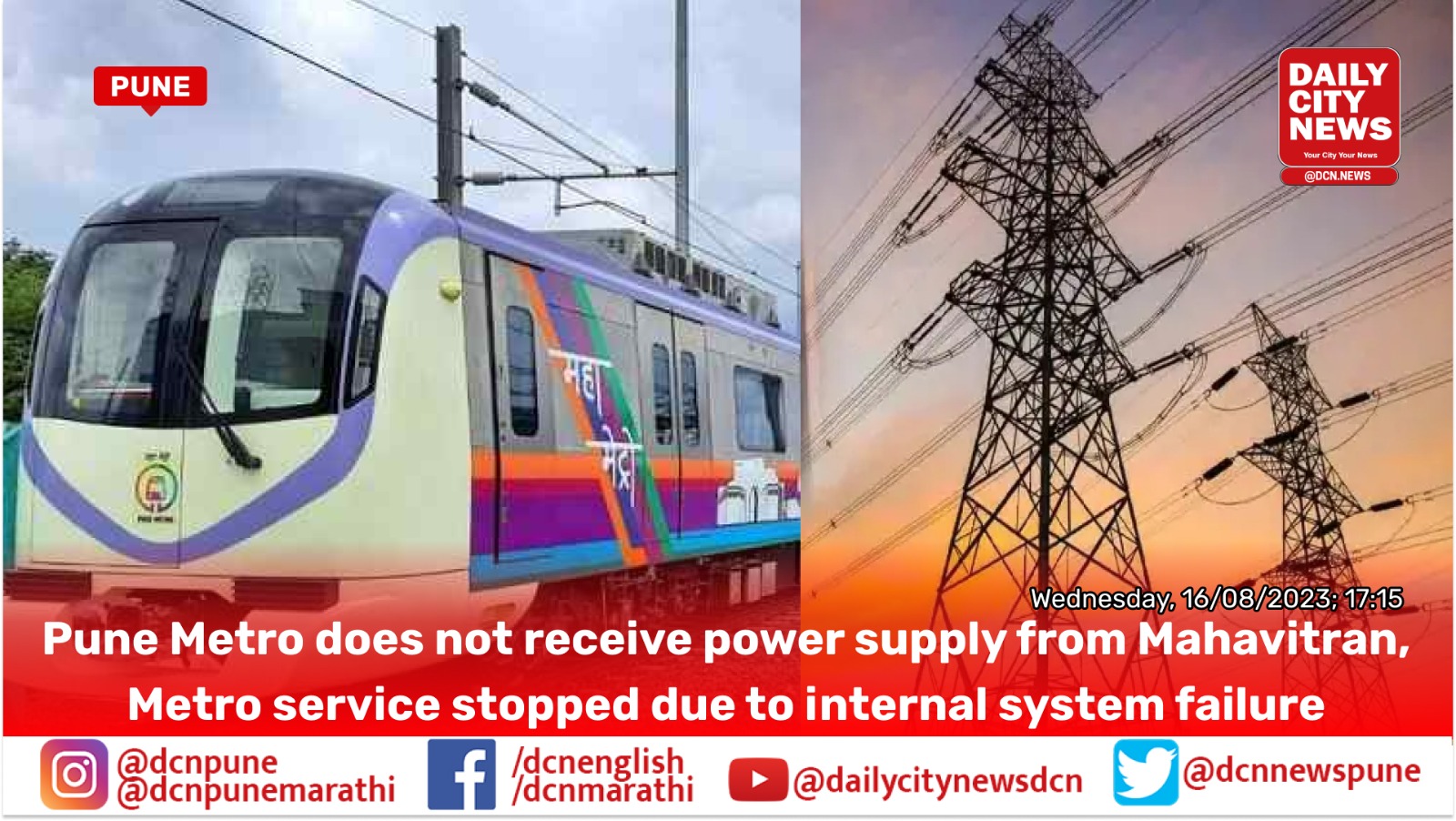

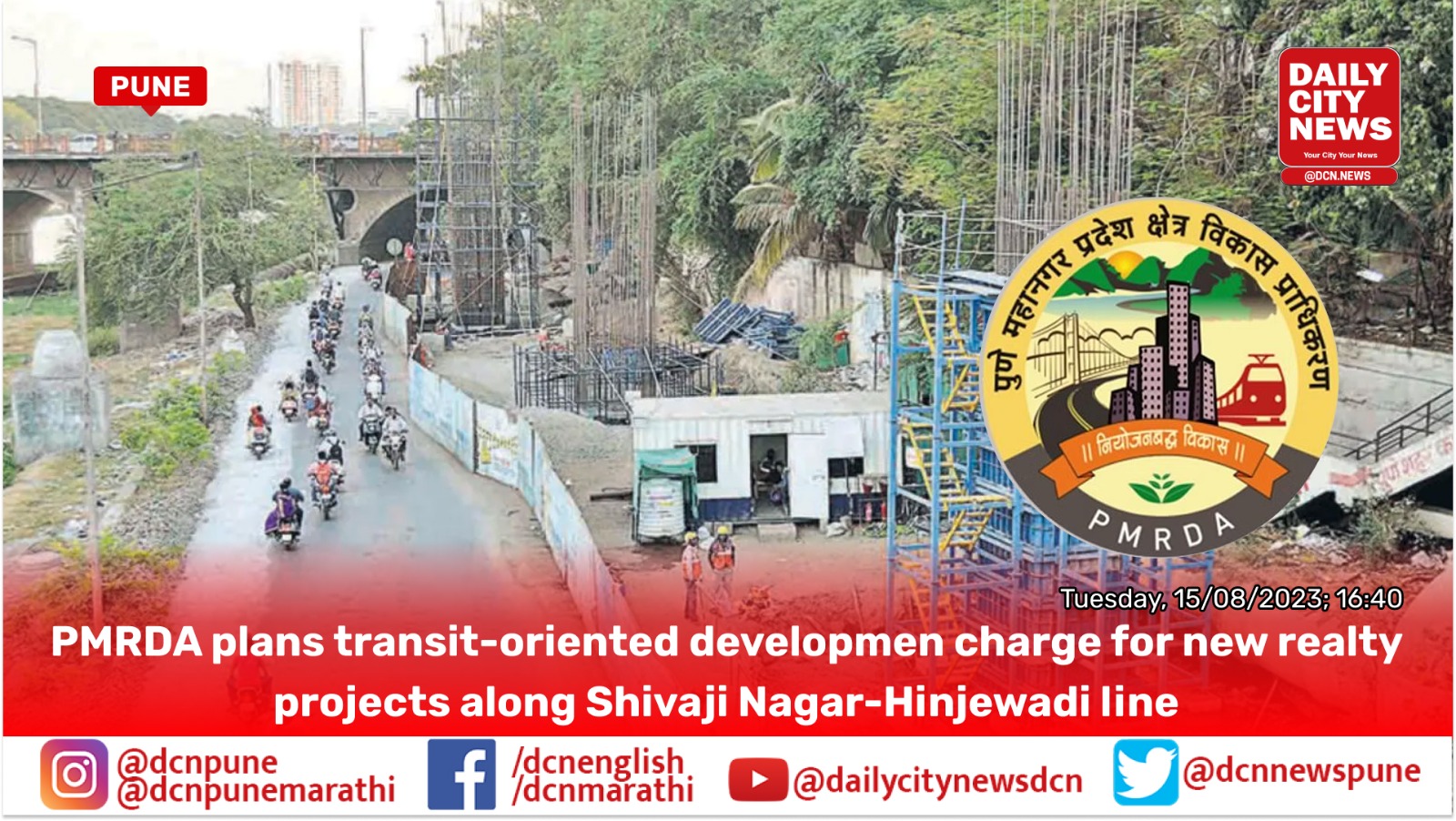







Post Comment